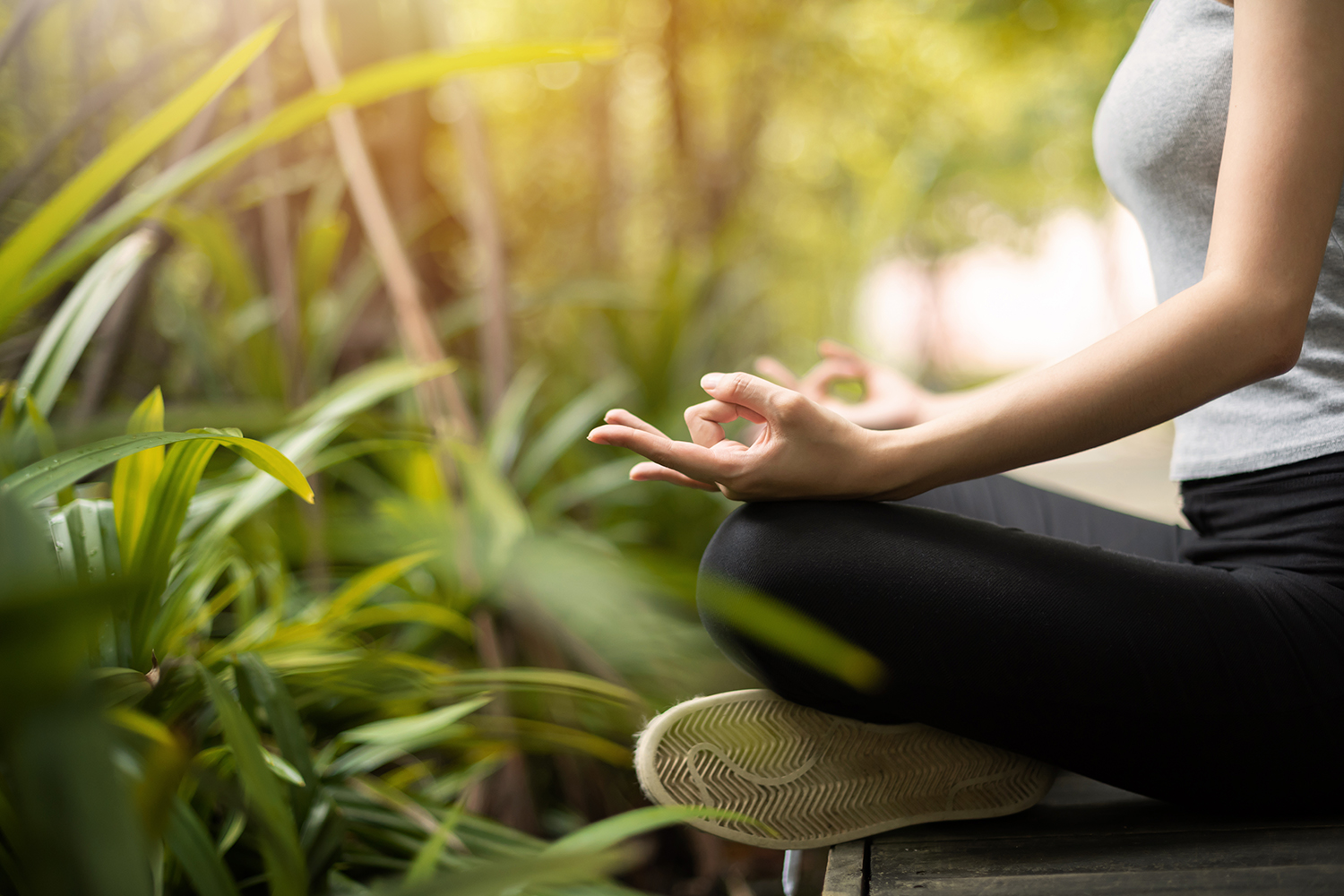Mindfulness and Nature
Make time to get grounded.

Photo 117311499 © aekkarak Thongjiew | Dreamstime.com
The value of being in nature can’t be understated. Between 2019 and 2021, data shows the average American spent 4.2 hours on mobile devices and another three hours watching TV. Nearly half of us didn't take part in outdoor activities even one time. Not one time!
Research shows the importance of mindfulness practice in nature to both physical and emotional health and well-being. It also shows this is critical to making connections within us and with others. We live in a society that rushes from one thing to the next and this creates a chronic sense of separation. Mindfulness teaches us that we are all connected and this creates a felt sense of worthiness, compassion, and value in our lives.
When it comes to those who have experienced chronic stress or trauma, it is essential to use the soothing aspects of nature to ground and center. The beauty of practicing mindfulness in nature is that we can do it both formally and informally. Finding a retreat in your area that incorporates nature and a mindfulness practice such as yoga, tai chi, or qi gong would be a formal way to practice mindfulness.
For an informal mindfulness practice in nature, I suggest the following:
- Find a beautiful spot where you can sit in a meditation posture for at least 10 minutes.
- Allow your eyes to remain open and observe all the creatures great and small around you as they move through their space.
- Simply notice your breath and the sounds around you.
- Next, notice how your heart rate slows, your senses become more attuned to what's around you, and you begin to feel rooted to the surface supporting you.
- Notice the richness of the experience and how much sharper your senses become yet more relaxed.
- End with a sense of gratitude for the beauty of the nature around you.
I recommend practicing this mindfulness routine as frequently as possible. You may decide to write in a journal about your experience when you complete your practice. Some things to note include not only what happened during your practice but afterwards as well. See if the ability to pause comes a little more naturally. Really recognize if you take a moment to breathe when you are working, at home, and with others. See if you notice that you are calmer and more centered in the things you choose to do that bring meaning to your life.
Especially in times of stress and overwhelm, invite a sense of peaceful and curious exploration into these times. This will help you feel more powerful and increase self-worth and self-confidence.
Remember this quote from E.M. Forster:
"What is the good of your stars and trees, your sunrise and the wind, if they do not enter into our daily lives?" E.M.Forster
Love, Light, Prayers, and Peace!
Alyson Phelan, CYT-500, CMMT, TRCC
Alyson Phelan, E-RYT 500, CMC, TRCC, YACEP
Experienced Registered Yoga Teacher 500 hour, Certified Mindfulness Coach
Trauma Responsive Care Certified, Yoga Alliance Continuing Education Provider
Founder of Present Moment Mindfulness and Yoga
Don't Miss a Thing!
Get the latest articles, recipes, and more, when you sign up for the tasteforlife.com newsletter.

